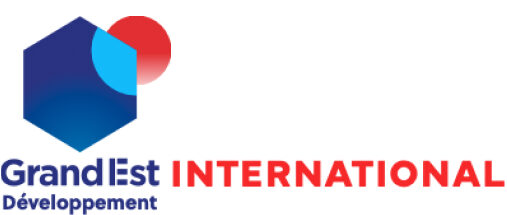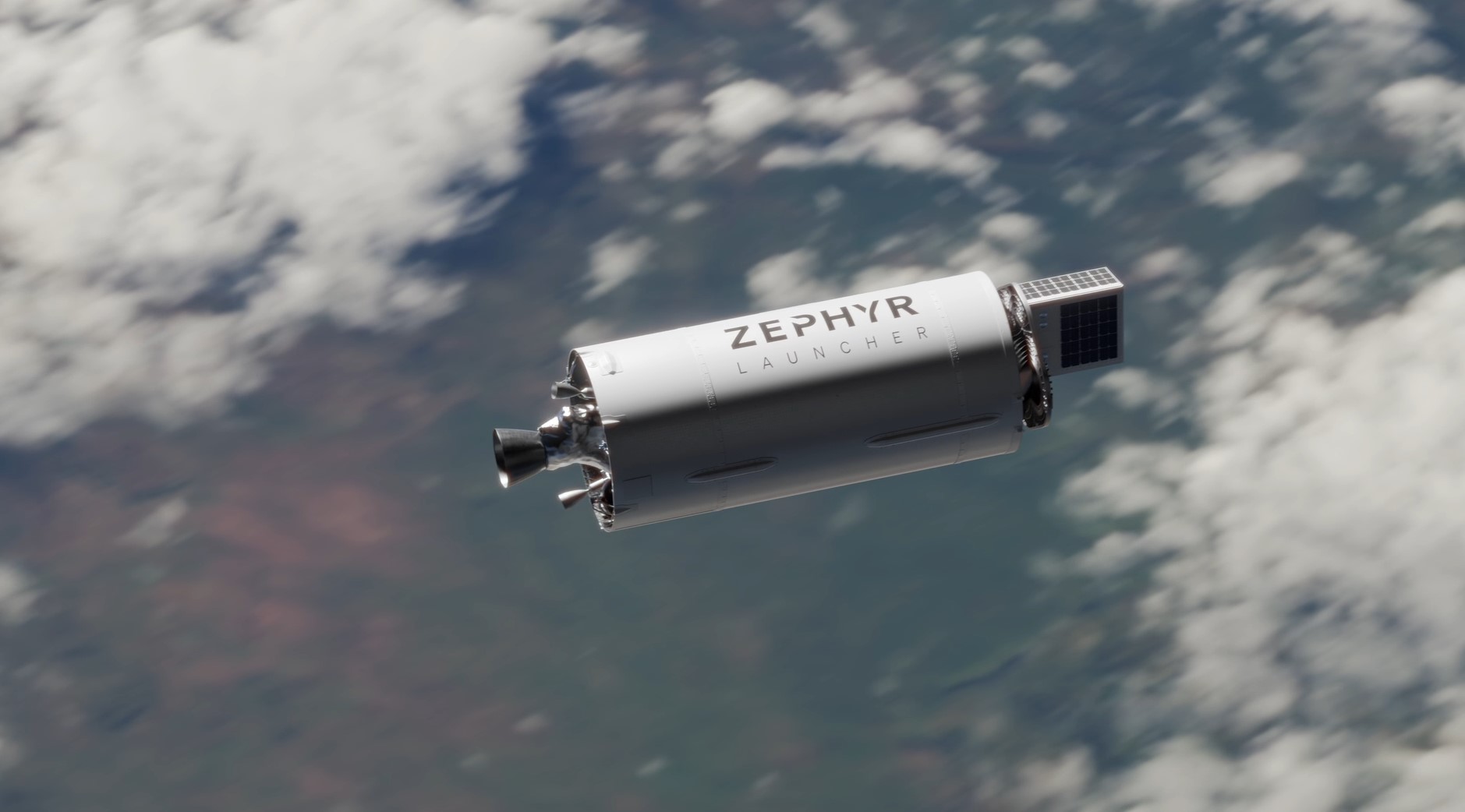
Latitude: A Start-Up in Reims Set to Become a Major European Player in Aerospace
Latitude has reaffirmed its decision to establish its test center and first factory in Reims. Five years ago, Stanislas Maximim, the founder of Latitude, was attracted by the short distance to Paris (45 minutes by train), the warm welcome, and the trust extended by Reims Metropole.
Creation of a Aerospace center and a first factory with a European dimension
At the beginning of 2025, Latitude reached several major milestones in its development. The Space-Tech teams succeeded in “four major tests” for the development of their engine in March and recorded the success of the first test of “pressure firing of the combustion chamber of its engine, in flight configuration.” To carry out these tests, Latitude created an R&D and test center in Vatry (40 minutes from Reims by car), on a former NATO military base.
On this site next to Reims, the company has begun with the construction of a “Space Port” and a launch tower. These two infrastructures aim to conduct static, non-dynamic tests. The aerospace center, with a European dimension, will be able to accommodate subcontractors and space industry players for testing purposes. Stanislas Maximim, executive director and founder of Latitude, justified the choice of this territory: “It’s an ideal location because we can unpack, conduct tests, repack, and return to Reims all in the same day. This unique advantage sets us apart from our competitors in France.” Additionally, the geographical location of this former NATO base is ideal: it’s remote and thus adapted to possible noise pollution.
“This unique advantage sets us apart from our competitors in France.” Stanislas Maximim, founder of Latitude
With the first successful tests, the start-up is now preparing to enter its operational phase. Before 2026, Latitude will move into a 25,000 m² factory in Reims, where by 2030, fifty small satellite launchers named Zephyr can be produced per year. These twenty-meter rockets will be able to send satellites weighing 100 to 200 kg into space.
A development supported by public authorities
Latitude’s growth has been supported by public authorities. On April 14th, the company announced that it had been selected as the winner of Bpifrance’s “First Factory” call for projects. It is the only space company to be a winner of this call for projects. Latitude is also supported by the European Space Agency and the National Center for Space Studies (CNES).
The next step in the development of the start-up: a first institutional launch in Kourou (Guyana) for CNES, the French space agency, in 2026. The French State wants to be able to rely on Deeptech companies, like Latitude, to support the war economy. To meet this expectation, Latitude’s launcher will be able to send civilian commercial satellites as well as military satellites into low orbit, even within very short timeframes if necessary. “This is what we call Responsive Launch, namely the ability to launch a rocket within 72 hours on the Army’s order to replace a damaged satellite, for example. We will be one of the few players in Europe able to meet this demand,” says Vincent Baudoin, vice-president of Latitude.
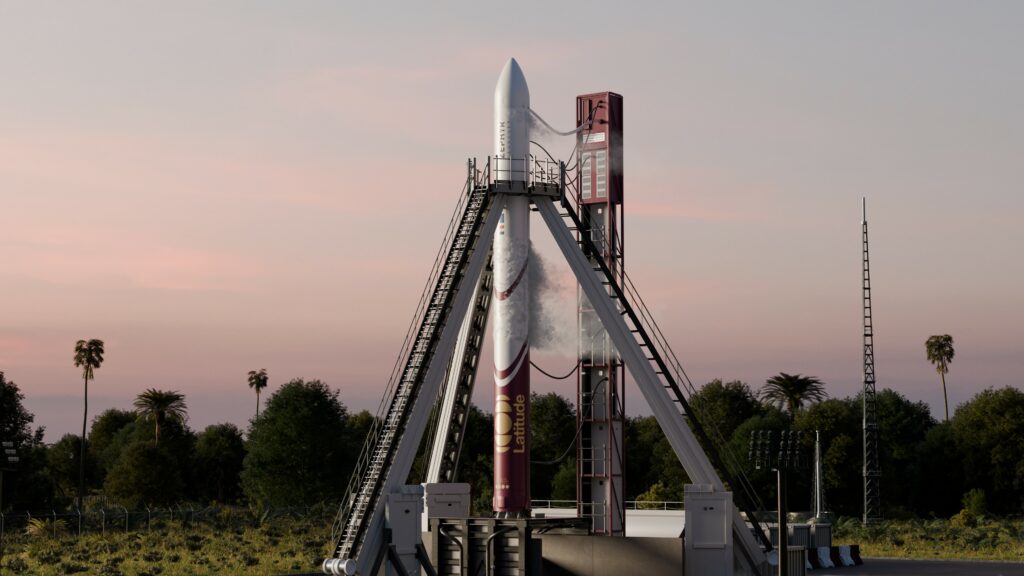
News that might interest you

AI Grand Est ENACT – Making Eastern France a European Leader in Artificial Intelligence
Posted on 12 January 2026
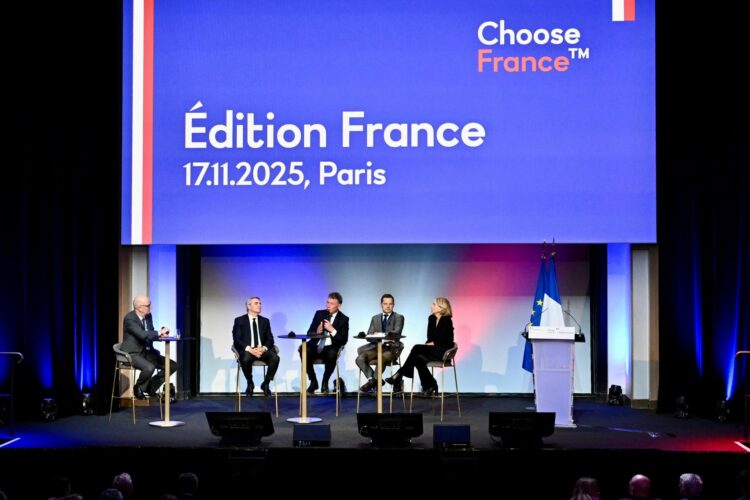
Choose France 2025 : Eastern France Ranks 2nd for Domestic Investments
Posted on 18 December 2025
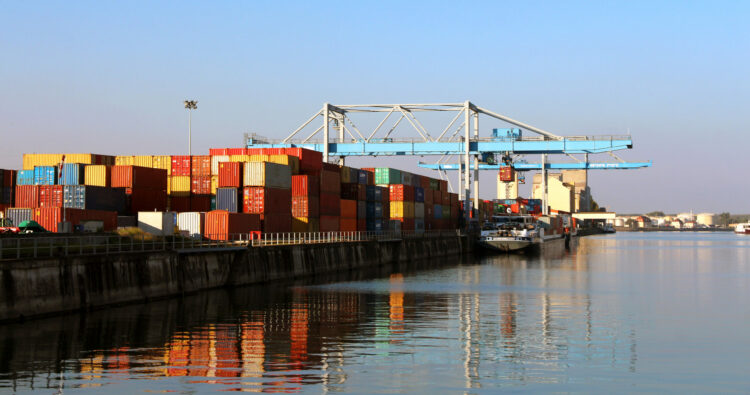
Eastern France: A Driving Region in Exports in First Half of 2025
Posted on 2 December 2025
